The Western Balkan countries planning to join the European Union have been waiting an average of 14 and a half years for membership. If the majority in the European Union were in favor of enlargement, this would not be the case, stressed Hungarian Minister of Foreign Affairs and Trade Peter Szijjarto during a joint press conference with Serbian Minister of Economy Adrijana Mesarovic in Budapest on Wednesday. The Western Balkan countries have been waiting for so long, because there is enormous hypocrisy in the European Union regarding enlargement, Hungary's foreign minister pointed out.
In public, everyone speaks out in favor of enlargement but when the 27 of us foreign ministers close the door behind us, the majority speaks against enlargement.
Peter Szijjarto argued that Ursula von der Leyen's move not to give the enlargement portfolio to the commissioner delegated by pro-enlargement Hungary clearly shows that she plays a role and has a part in the hypocrisy on enlargement that exists in Brussels and in the European Union today.
Because the countries with the best chance of joining, the countries that have made the most progress in the enlargement or accession negotiations, have made it clear that they want Oliver Varhelyi to carry on with his responsibilities, so the countries directly affected wanted him to stay in the post.
"The decision to the contrary fits into the picture that today the European Union, Brussels, officials and Ursula von der Leyen are displaying incredible hypocrisy on enlargement and are not in favor of enlargement. This is the case," the minister said in response to a journalist's question. "Naturally, we will remain fully committed, and there are quite a few other pro-enlargement countries," Peter Szijjarto pointed out.
We will continue to do our utmost to ensure that the Western Balkan countries can join the European Union as soon as possible,
he affirmed, adding that "Every country has the right to delegate a commissioner. Every country has the right to decide who it delegates as commissioner. Therefore, my starting point is the assumption that there are such fantastically committed democrats in the European Parliament that no nation will be denied this sovereign right."
At te press conference, Hungary's foreign minister touched on an oil pipeline to be built in the direction of Serbia, with an approximately 190 km section running across Hungary, but he did not give the cost details, saying that the feasibility study must be completed first.
Peter Szijjarto stressed that Hungary is ready to facilitate mutual investments in all existing areas. In the past eight years, the Hungarian government has provided support for investments by 14,000 small and medium-sized enterprises in Vojvodina, totaling 220 million euros, which resulted in investments of about half a billion euros by small and medium-sized enterprises in the territory of Serbia, mostly in Vojvodina.
We are ready to continue these programs.
"As for Kosovo's accession to the Council of Europe, Hungary has taken a clear position on this issue," Peter Szijjarto said. "We are interested in peace, order and stability in the Western Balkans. That's why we support the success of the Belgrade-Pristina dialogue. At the same time, we don't believe that the success of this dialogue will be facilitated if Kosovo applies for membership to various international organizations before the successful conclusion of the dialogue. Therefore, Hungary did not and does not support Kosovo's accession to the Council of Europe," Peter Szijjarto underlined.
Today, Brussels' hypocrisy on enlargement is compounded by the pursuit of an extremely dangerous policy on migration with Brussels currently implementing a pro-migration policy. Consequently, there is a manhunt against politicians and governments that reject migration,
Peter Szijjarto said in response to Magyar Nemzet's question about Germany closing its border and the indictment of Italian Deputy Prime Minister Matteo Salvini.
In 2019, then Interior Minister Matteo Salvini, did not allow the ship Open Arms packed with migrants on board to disembark for 19 days, with approval from the government at the time according to his statement. Prosecutors have now accused him of kidnapping and would put him behind bars for six years, while the migrants who raped women in Milan have been sentenced to four years.
"There is a manhunt against the Hungarian government, and there is a manhunt against Matteo Salvini," Peter Szijjarto pointed out.
That is why we have to pay gigantic fines for protecting our borders, and that's why Italy's deputy prime minister is facing more than half a decade in prison. Are we living in a sane world? Has everyone in Europe completely lost their minds?
Peter Szijjarto asked.
There is a person who decided to enforce the law, to protect his country as a responsible politician, to assert the absolutely obvious right that every country can decide for itself who can enter its territory. And if they want to send someone to prison for that, then you really don't know what stage of insanity Europe has reached.
"And the use of double standards is shown by the fact," Peter Szijjarto added, "that while Hungary is being punished for protecting its border, nobody says a word of protest about Germany closing the internal Schengen borders."
I think that the task we have should be clear: the functioning of the Schengen area should be ensured, because making it impossible for the Schengen area to function causes serious damage to Europe. The functioning of the Schengen area can be ensured by protecting the external borders. We are currently being penalized for this. However, there is no alternative to protecting the external borders.
Asked whether Western politicians are risking another world war by crossing new red lines in the Russia-Ukraine war, for instance, by talking about long-range weapons in the context of targets in Russia, Foreign Minister Peter Szijjarto underlined that Hungary being a pro-peace country is interested in peace.
We are concerned about any development that poses the risk of escalation in the war in Ukraine, and there is no doubt that if long-range missiles were to be used against targets inside Russia, this would increase the risk of escalation and would run contrary to the security interests of the European Union.
Cover photo: Serbian Minister of Economy Adrijana Mesarovic and Hungarian Minister of Foreign Affairs and Trade Peter Szijjarto (Photo: MTI/Noemi Bruzak)
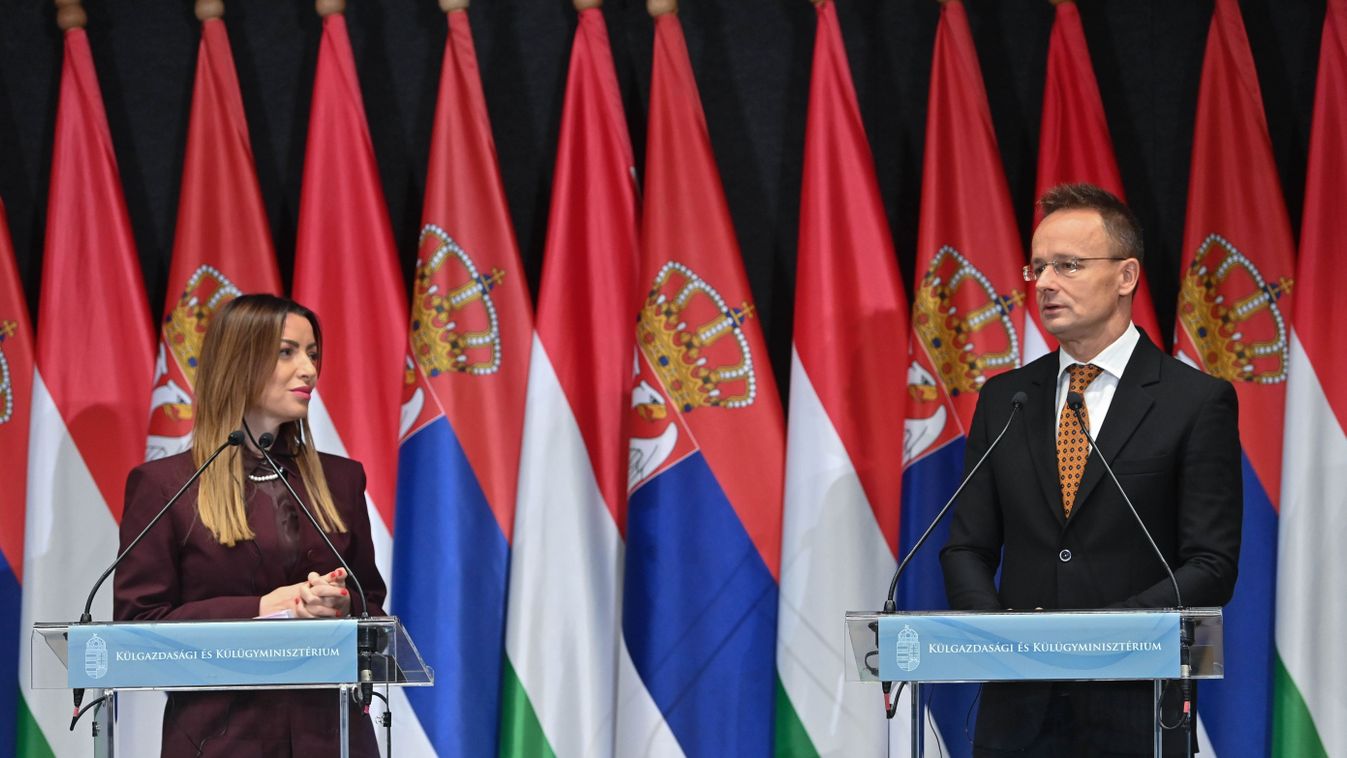
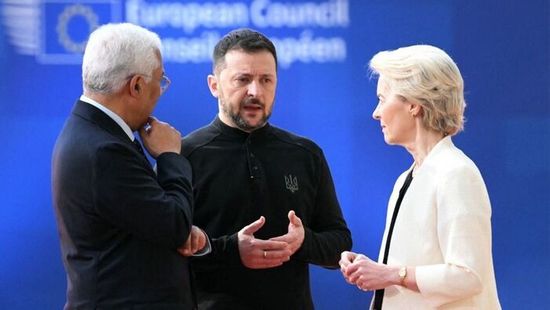
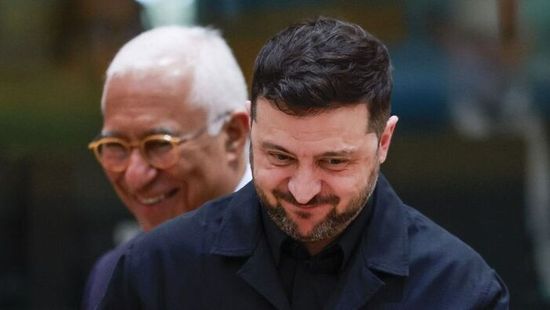
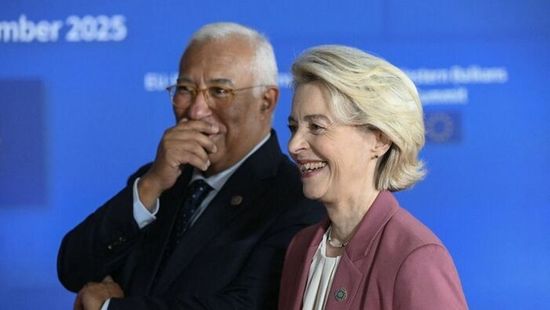
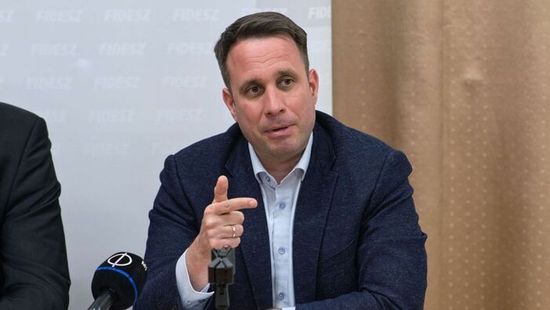






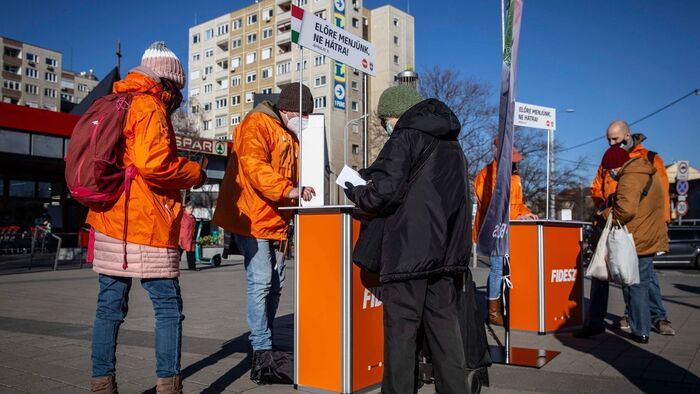
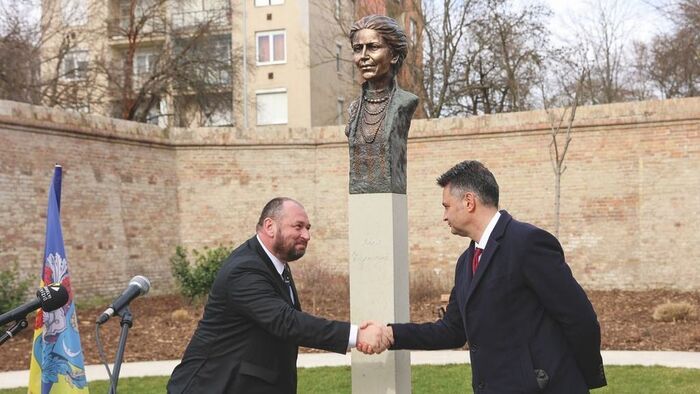

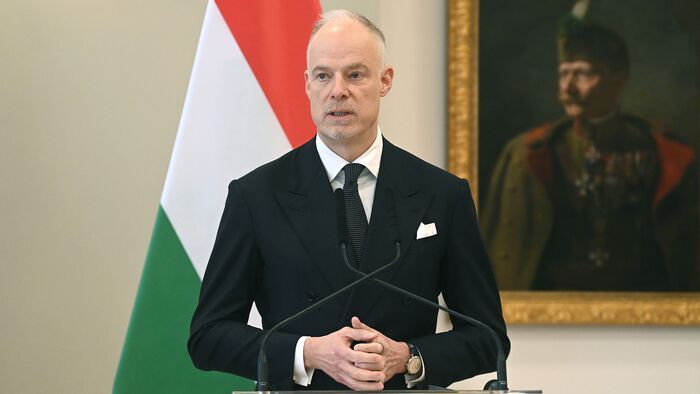


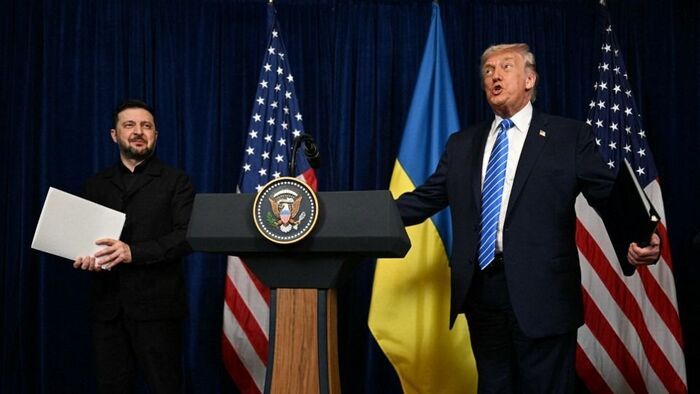

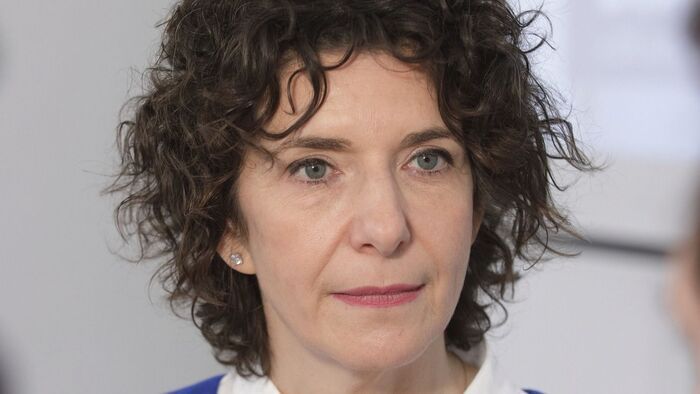

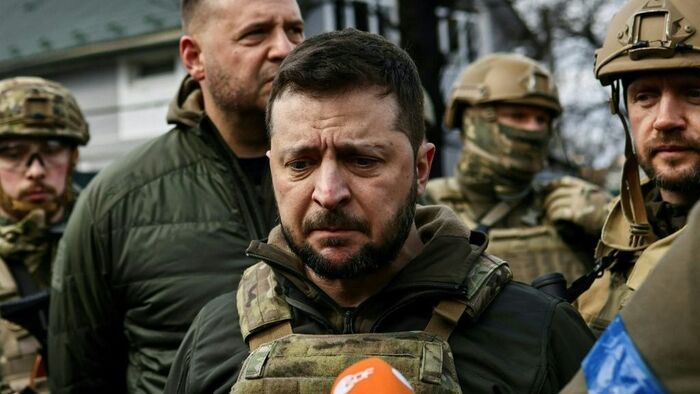

Szóljon hozzá!
Jelenleg csak a hozzászólások egy kis részét látja. Hozzászóláshoz és a további kommentek megtekintéséhez lépjen be, vagy regisztráljon!